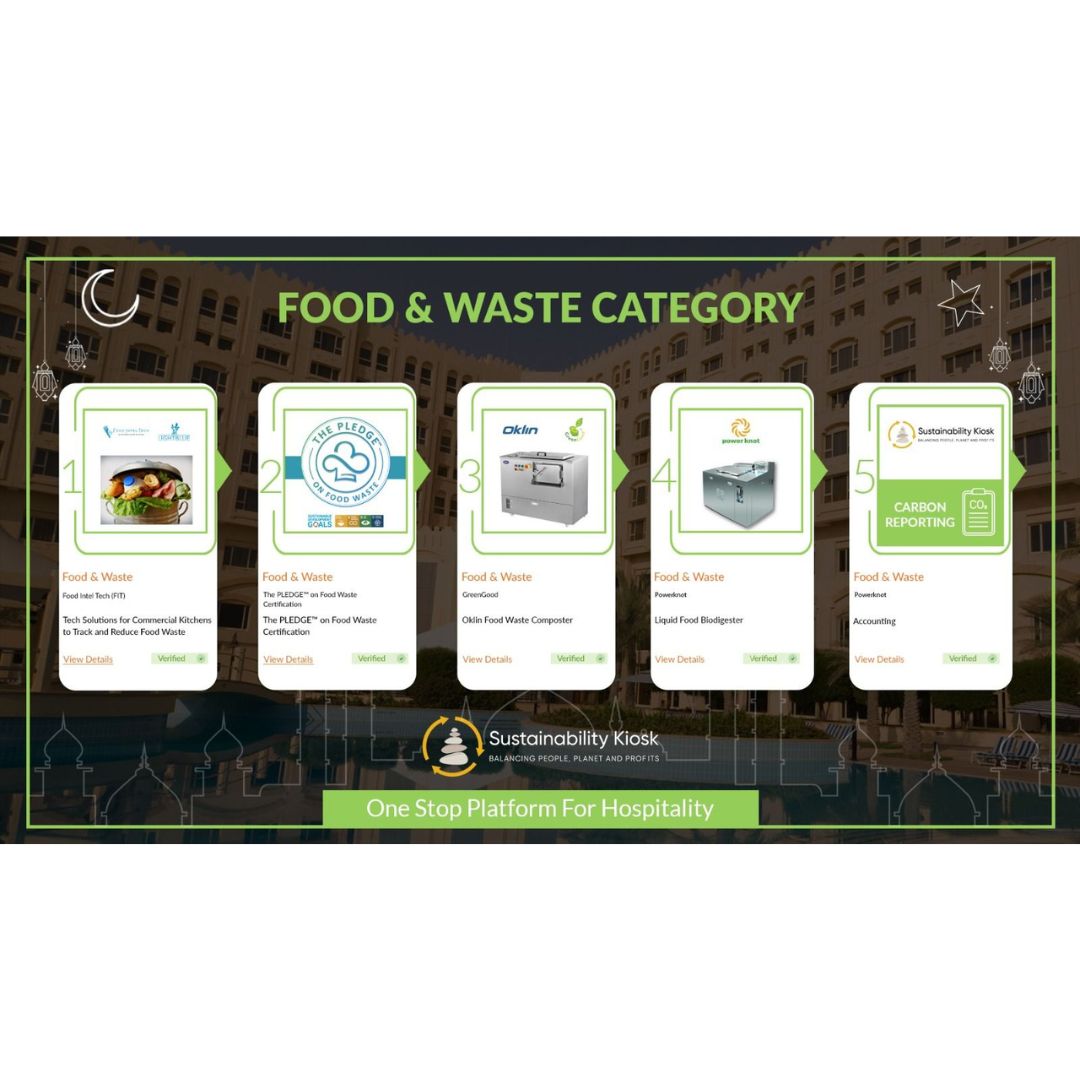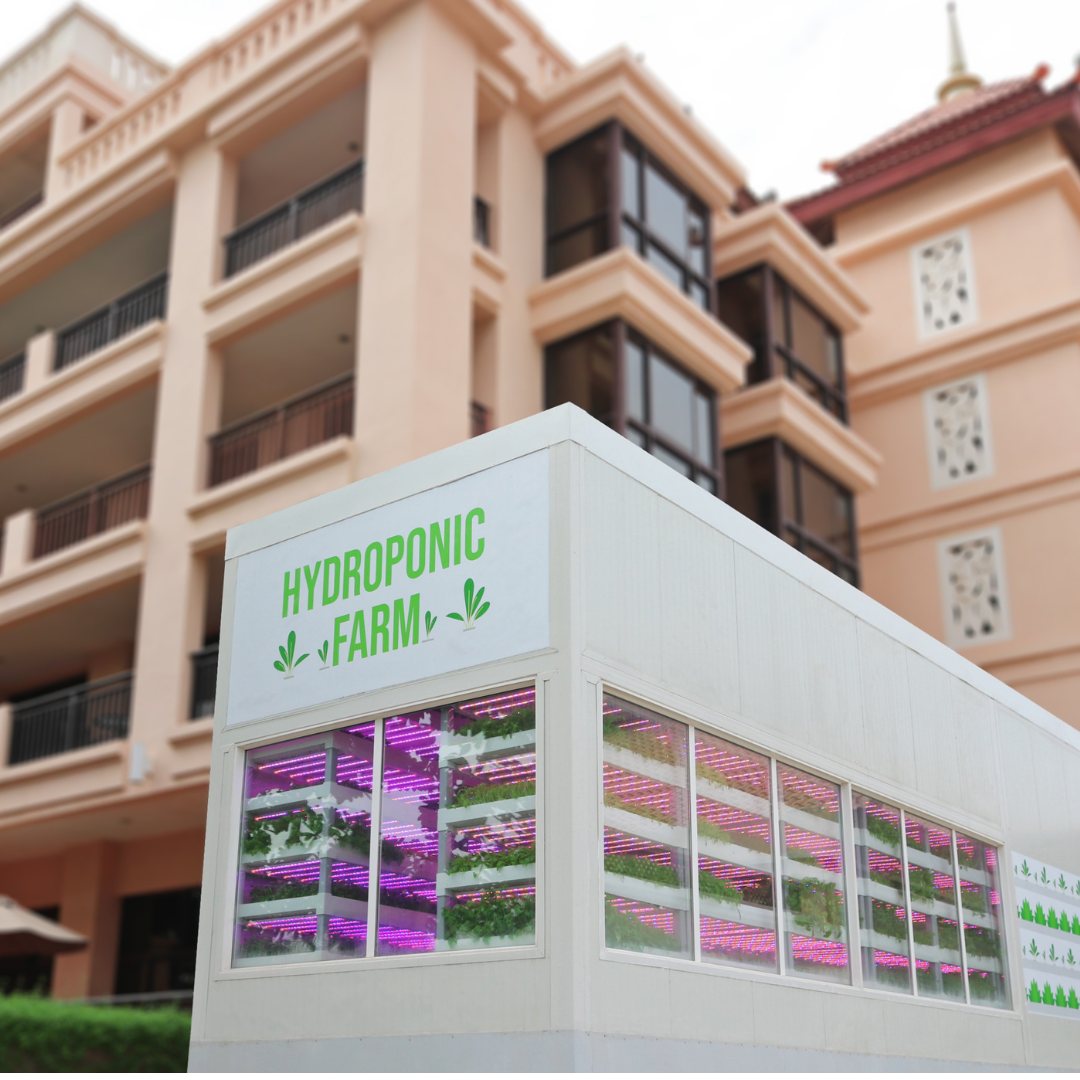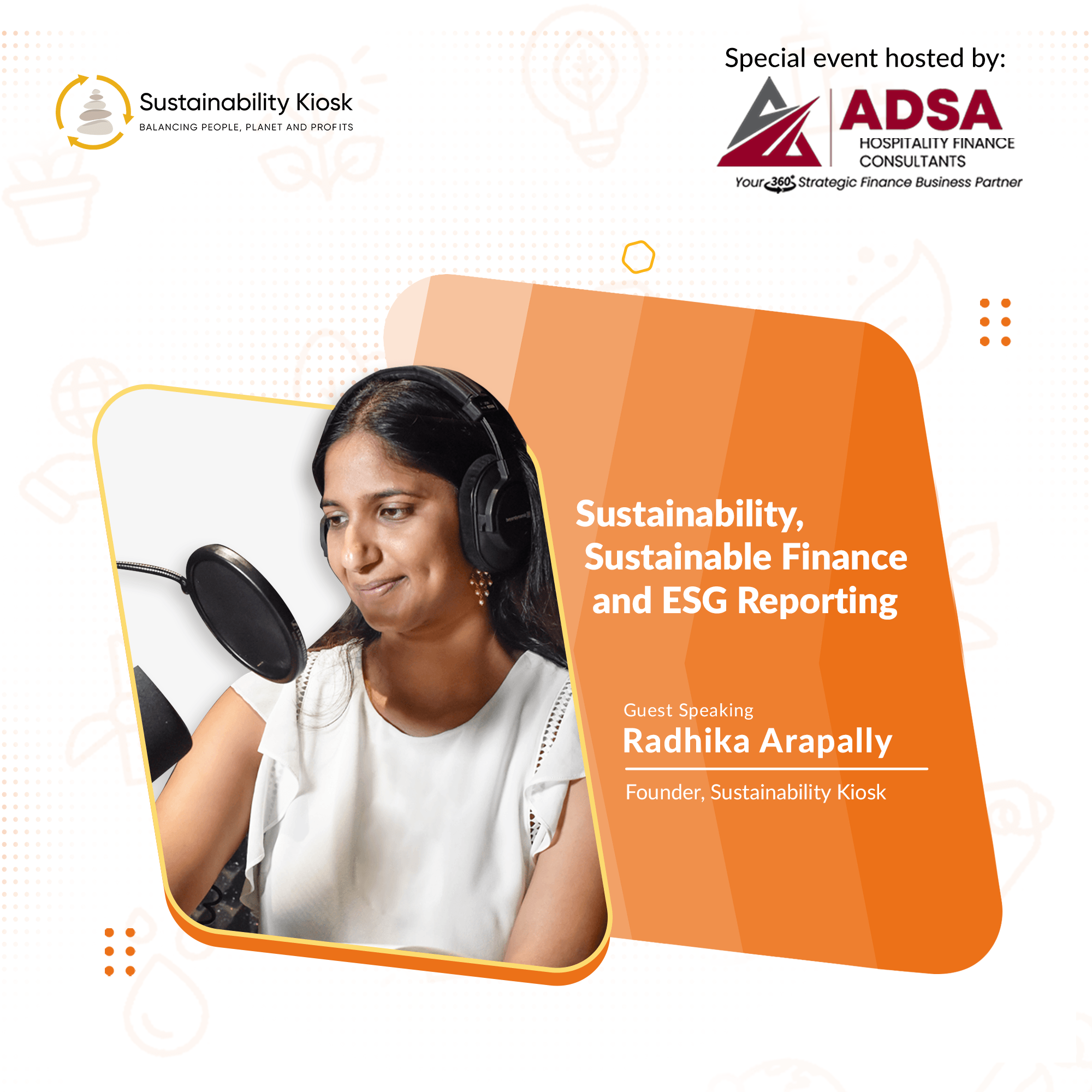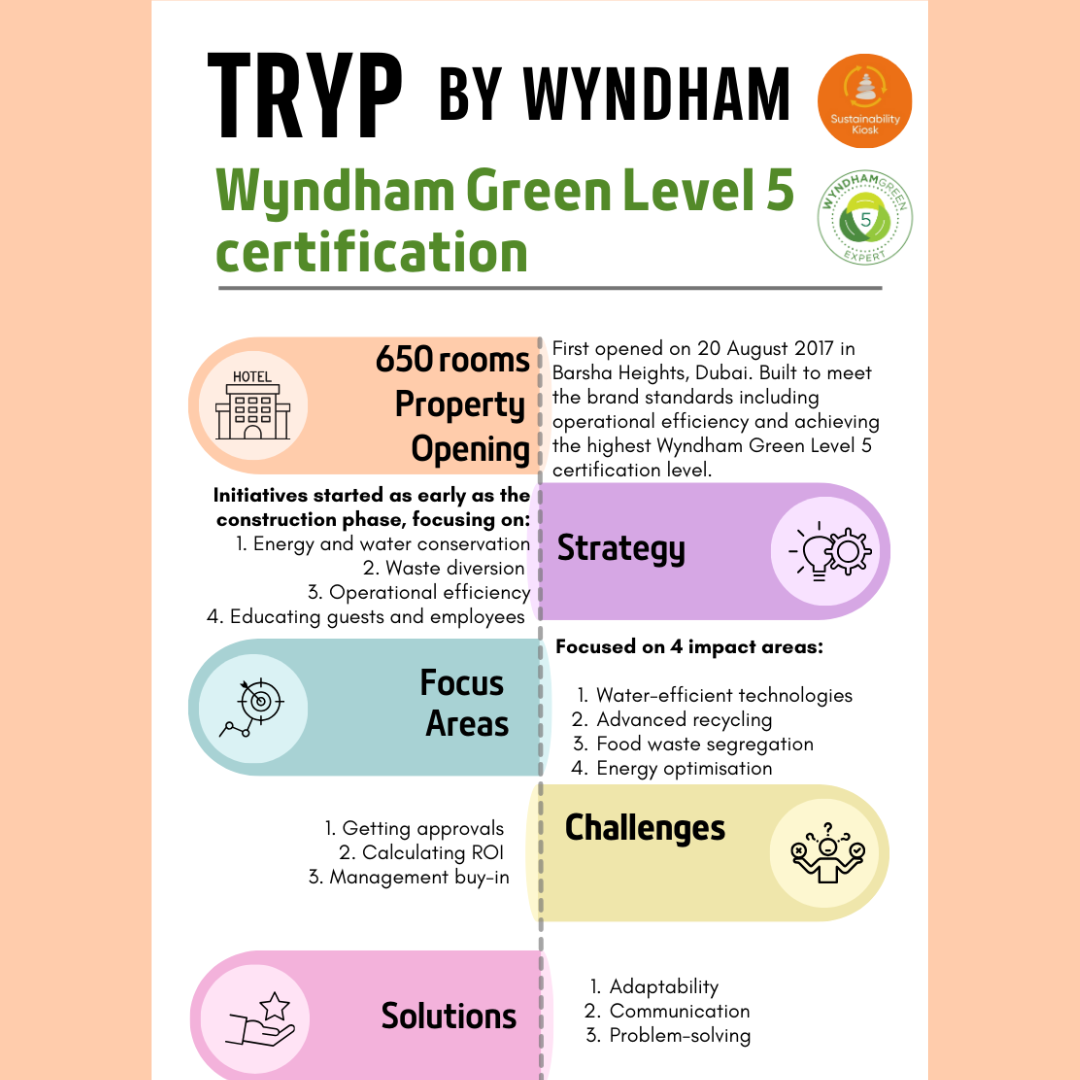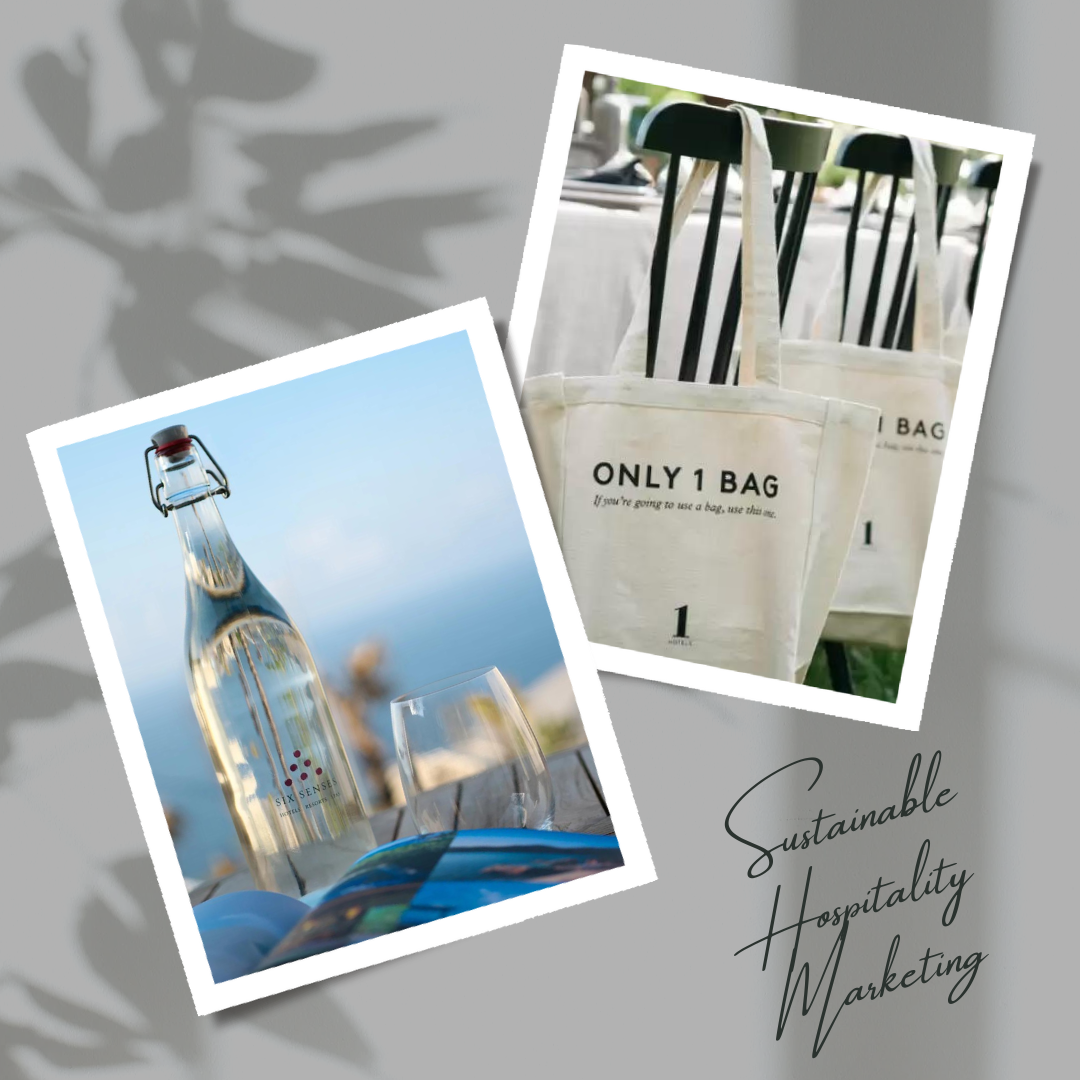How can hospitality venues be more Sustainable this Ramadan?
Ramadan, a time of reflection and compassion, presents an opportunity for positive action in the hospitality industry. As hotels, food and beverage establishments, and retail spaces gear up for increased activities during this festive season, it is crucial to explore ways to be more sustainable.
Alarming reports reveal that up to 25% of food prepared during Ramadan ends up wasted, making it imperative for the industry to address this issue. In the context of UAE’s emphasis on compliance with environmental regulations, particularly with nema, F&B professionals must take a proactive stance on the role of the food system in climate change.
The Impact of Food Systems on Climate Change: The food system significantly contributes to climate change, deforestation, water stress, and food waste. According to The Waste and Resources Action Programme in the UK
- Food production and consumption are responsible for around 30% of global carbon emissions.
- Creating space for agriculture contributes to between 60%-80% of biodiversity loss by destroying natural habitats.
- 70% is the proportion of global freshwater used for agriculture. Much of the food currently sourced in the UK is from drought-prone countries.
- 1.3 billion tonnes* is the amount of food wasted each year globally.
Tips for Tackling Food Loss:
To combat food loss, a collaborative effort within the supply chain is essential. Operators can take the following steps:
- Implement an effective green procurement policy.
- Implementing a robust carbon policy framework
- Prioritise buying locally and seasonal produce
At Sustainability Kiosk, we advocate for collaboration with local farms, supporting the adoption of “odd-veggies” to contribute to a more sustainable food system. For hotels in UAE, we encourage partnership with Emirates Bio Farm to reduce local food loss at source. Speak to us if you want an introduction!
Tips for Tackling Food Waste:
Embracing technology, mechanized solutions, and operational adjustments can significantly reduce food waste. Consider the following practices:
- Engage in practical and thoughtful menu planning, with effective menu engineering
- Reduce buffet offerings and portion sizes,
- Educate guests on responsible consumption
- Redistribute any unused prepared food.
There are commercial and reputational benefits from acting on food waste; at Sustainability Kiosk, we offer a range of options and solutions to our clients that assist with reduction and diversion. Our top picks and practical solutions to help food and beverage operations become more sustainable are.
- Food Waste Monitoring Systems
Implementing food monitoring software like Food Intel Technology (FIT) within kitchen operations. FIT allows kitchens to measure what food is sent to waste accurately. Running on generic devices and placed in multiple points within an outlet, operational benefits of introducing this solution include achieving a reduction of;
- 25 – 35% food waste.
- 3-5% cost per cover.
2. Certification – The PLEDGE™ on Food Waste
Certifications help set businesses apart and set them up for success. Taking The PLEDGE™ on Food Waste and becoming a certified pledger gives the operation a uniform & practical methodology to reduce food waste, having accessing the holistic approach of new standard operating procedures based on best practices to cut operational costs. In the Middle East Radhika Arapally is the only accredited consultant to administer the program to help operators on their journey to reduce food waste.
3. Transforming Food waste by implementing mechanised solutions such as composters and digesters reduce the carbon footprint and increases landfill diversion rates. Both solutions are odourless and achieve waste reduction and transformation in approximately 24 hours; both are efficient, flexible, sustainable, and economical solutions for hospitality outlets to consider when looking for options to divert food waste from landfill.
- Oklin Food Composter offered by GreenGood; Closing the loop on food waste by composting food scraps in 24 hours
- Liquid Food Biodigester, offered by Powerknot; Digesting food waste and converting it into wastewater within 24 hours
- Reloop to compost food outside the restaurant, train staff, and for reporting
- Ehfaaz as a service for off-site composting of food waste
4. Donate Surplus Food through local food bank such as UAE Food Bank, or Rumbella, as they actively donate unsold items to those in need, combating undernourishment and offering support to less privileged individuals within our community.
5. Carbon Reporting framework
A practical and robust carbon reporting framework is essential for understanding the operation’s carbon footprint and environmental impact. By investing in professional carbon guidance, effective decisions can be made about the impact your food and waste and overall business operations have on the planet.
Contact us at Sustainability Kiosk if you would like to know more about how we can help your operation reduce its impact on the planet, not only this Ramadan but for every day moving forward.
